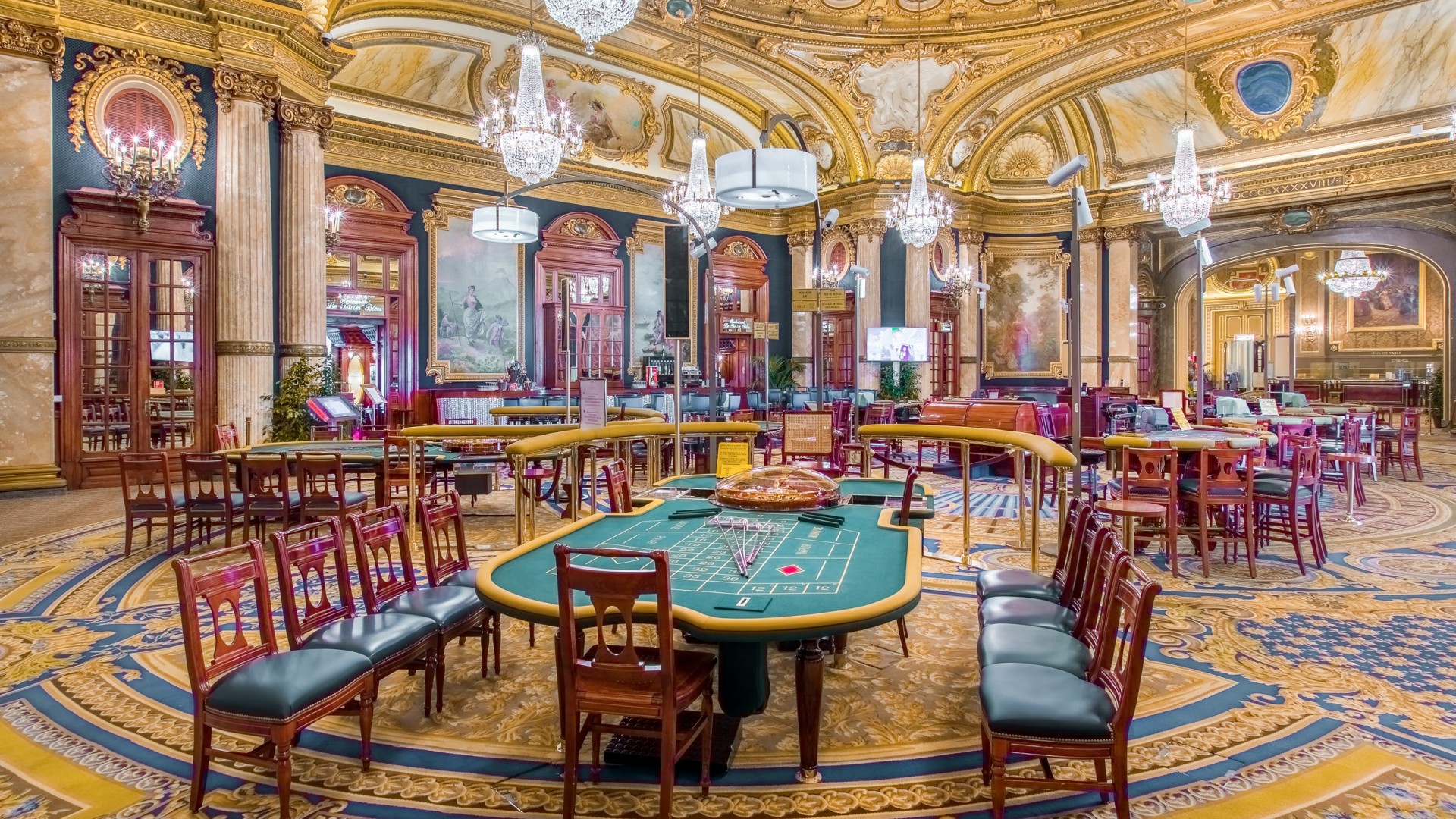
Gambling games have fascinated players throughout history, evolving from basic recreational activities to sophisticated forms of entertainment that combine fortune, tactics, and fun. From the early beginnings of gambling in cultures like ancient Mesopotamia and Rome to the glitzy corridors of contemporary casinos, the journey of these games reveals much about human nature and our relationship with chance. As societies have intertwined and innovation has progressed, casino games have evolved, reflecting shifts in society and developments in gameplay.
The earliest forms of gambling likely included basic dice-based games and placing bets on the outcomes of sporting events. As time passed, these primitive activities grew into more structured games like table games, the game of roulette, and the variety of one-armed bandits that line the premises of casinos today. Every generation brought its unique rules, aesthetics, and social relevance. At present, casino games maintain their evolution with the rise of online platforms, enabling players from everywhere to engage in a common experience, further blending the traditional with the digital age.
Early Origins of Gambling Activities
Gambling activities have foundations that extend back to old societies, where gambling was deeply integrated in social traditions and social customs. The earliest known forms of betting developed in ancient Mesopotamia around three thousand BC, featuring primitive dice activities made from knuckle bones. These initial activities laid the basis for more advanced betting games, showing humans’ innate urge to seek fortune and amusement through luck.
As societies developed, so did their betting pursuits. In historic Chinese culture, around two thousand three hundred BC, tiles were unearthed that looked like primitive basic forms of a lottery game game. More organized forms of betting arose in the ancient Roman Empire, where activities of chance were a popular recreation, often occurring in community events. The ancient Romans developed various wagering activities, which entailed die and table activities, illustrating the widespread nature of betting across various social classes.
With the flow of ages, these early activities contributed to the evolution of modern gambling activities. In the medieval period, card activities grew prevalent in European culture, paving the way for the organized gaming venues we know today. The shift from informal gambling to formal gambling in taverns and personal homes marked a major transformation in how people interacted with games of luck, leading to the eventual creation of gaming houses as specialized places for betting.
The Rise of Current Gambling Industry
The final 20th century marked a significant shift in the world of gaming, propelled by technological progress and changes in societal views towards betting. The introduction of personal computers and the World Wide Web transformed the way gamblers interacted with their favorite casino games. Online casinos emerged, allowing enthusiasts to enjoy timeless table games like poker and blackjack from the comfort of their houses. This emerging digital landscape not only broadened availability to casino games but also drew in a fresh crowd who found the convenience and variety appealing.
As online gaming gained momentum, so did innovations in gaming technology. The advancement of sophisticated software and visual elements transformed conventional casino games into immersive adventures. Gamblers could now connect with live dealers through live streaming, importing the atmosphere of physical casinos directly into their houses. This blending of live gaming with online platforms created a new hybrid model that elevated the community element of playing, allowing it possible for individuals to engage and challenge with fellow gamers around the planet.
Moreover, the emergence of gaming on mobile devices significantly changed the casino landscape. With the ubiquitous use of mobile phones and tablets, gamblers can enjoy their beloved gaming options anywhere, whenever. Mobile applications offer a wide selection of options customized for touchscreens, serving the fast-paced daily life of contemporary gamers. 78win This availability has led to growing engagement in casino games, fostering the exponential growth of the gambling sector. As a result, the future of casino gaming continues to evolve, adjusting to technological advancements and shifting player expectations.
The Impact of Technology on Casino Games
Technology’s advancement has greatly changed casino games, improving the overall gaming experience for gamblers globally. https://78win.wiki/ As the internet emerged, online casinos were created, allowing players to play their preferred games from the comfort of their homes. This shift not only made casino games more available but also increased the variety of games available, as online platforms could offer many different versions of traditional games without the limitations of brick-and-mortar establishments.
The rise of mobile technology further transformed the casino gaming landscape. As smartphones and tablets became widespread, players now have the ability to play casino games anytime and anywhere. This flexibility has resulted in the development of dedicated mobile applications and optimized websites that provide seamless gaming experiences. Additionally, innovations such as live dealer games have delivered the authentic atmosphere of a casino into players’ living rooms, connecting between physical and online gaming.
Moreover, advancements in AI and virtual reality are paving the way for the next generation of casino games. AI improves game design and player interaction, creating tailored experiences based on user behavior and preferences. Meanwhile, virtual reality provides immersive environments where players can interact in a simulated casino setting, making the gaming experience more engaging and realistic. As technology continues to evolve, the future of casino games seems bright, filled with endless possibilities for innovation and entertainment.
